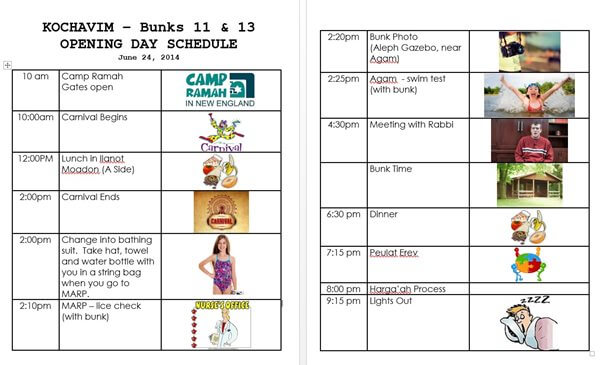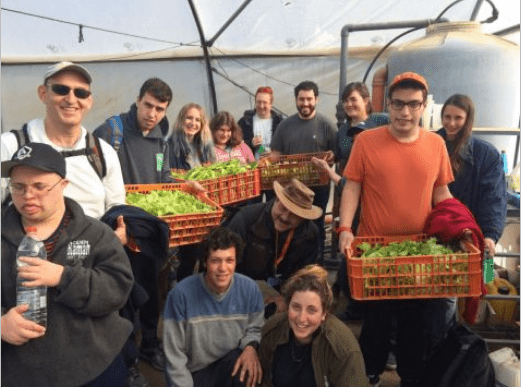Original Article at The Jerusalem Post
The last time Cat Stevens’ “Peace Train” rolled through New York City, Yitzhak Rabin was Israel’s prime minister, Ephraim Katzir was president, Mordechai Gur was chief of staff and Rina Mor, Miss Israel, became the first Israeli to win the Miss Universe pageant. And Stevens was one year away from embracing Islam and changing his name to Yusuf Islam. It’s been a long journey for Stevens/Yusuf who last appeared in New York City in 1976.
Stevens’ long-awaited return to the Beacon Theater was a true lovefest.
“We love you, Cat,” “Why did it take you so long?” shouted fans in the sold out, 2,800-seat Beacon Theater. The fans, mostly of the over-40 set, wore suits and jeans, Hillary (Clinton) buttons and Neil Young concert T-shirts and sang along to every word of the 33-song set. At least one fan wore a black suede kippa.
Stevens is playing select US and Canadian cities over a three-week period in September and October as part of the “A Cat’s Attic” tour. The show features “a limited run of strippeddown, introspective performances which coincides with the 50th anniversary of Yusuf/Cat Stevens’ first hit single, ‘I Love My Dog,’ which was released in 1966.”
Stevens opened the first show of his two-night run at the Beacon standing in front of a curtain, which soon opened to reveal an old house, framed pictures, a record player, a blue sport team jersey and other memorabilia from an earlier era. Two musicians, Eric Appapoulay on guitar and vocals and Kwame Yeboah on bass and percussion, stood far back right of the stage, allowing Stevens to remain central throughout the two hour-long sets. Stevens alternated between standing and sitting on a stool as he played acoustic guitar. At times, Stevens surprised the audience, playing The Beatles’ “Twist and Shout” on an old record player and playing a song on the piano.
The audience sat attentively as Stevens recounted nearly his entire career in story and song.
“It was so intimate, like we were in a small café,” observed a 50-something female fan from Westchester County, 45 minutes from Manhattan.
Is it possible that this gentle, likable man can also have a controversial, notso- peaceful side? Jews are keenly aware of Steven’s well-documented but not easily verifiable bottom-line stance on Israel and terrorism.
“I don’t know what is true or not,” notes the 50-something fan, who has heard various reports of past support of Hamas. “I went there for the music of my youth. The first album I bought was Tea for the Tillerman (1970) – the only album of mine my parents also enjoyed!” Stevens began the show by recounting his yearly years, his parent’s café in London and his desire “to draw and paint and be an artist.” He mentioned the impact of Bernstein’s music – and the Beatles – on his musical development and appreciation. Stevens saved up to buy his first guitar and started writing music.
“I didn’t have a band – I was born to be solo,” he said, then played “The First Cut is the Deepest.” Stevens described being on tour with Jimi Hendrix (and alluded to his involvement in the drug culture of the times). In 1969, he reported, “I collapsed with tuberculosis, and began to reassess my life… I had to get some answers.” He began playing “Trouble.”
After the set break, Stevens focused more on the music and spoke less between songs. He described a particularly dark period of “not finding what I was looking for” and his experience with numerology. A near-death experience in 1976 when he went swimming “too far out” at Malibu Beach in California was a turning point in his life.
“I realized in that moment what I believed in – I called out to God to save me and he did.”
He then treated the audience to an acoustic cover of the Impressions classic “People Get Ready.”
Stevens’ brother, David Gordon, bought him a copy of the Koran as a birthday gift from a trip to Israel. Gordon was reportedly married at the time to an Israeli woman with family in Tel Aviv. Stevens was very taken by the Koran and the story of Joseph. Stevens converted to Islam in December, 1977 and changed his name to Yusuf Islam in 1978. He auctioned off his guitars and stopped performing for nearly 30 years. He devoted his time to various philanthropic and educational causes in the Muslim community of London and around the world.
Perhaps this was the moment in the concert where Stevens would shed light on his conversion to Islam and perhaps set the record straight on Hamas and Israel.
“I have journeyed endless miles, seen many harbors, and learned I must give up what you are. When I finally did make it out, I didn’t get the reaction I expected. There was misunderstanding – almost anger at the choices I made.”
No further details offered. An audience member shouted, “We are sorry!” It is unclear what exactly Stevens was referring to. Perhaps he was alluding to his 1989 comments in London which seemed to suggest support for the fatwa calling for the death of Salman Rushdie, author of Satanic Verses. Or to his alleged support for Hamas, which, according to an ABC News report, led to denial of entry to Israel. Stevens, who had been in Israel earlier in his career, was held at the airport for several hours and sent back to Germany.
Members of the Jewish community have long memories for significant historical events. And they remain passionate and divided on Cat Stevens. Opinions range from ongoing love of his music and minimizing or dismissing reported anti-Israel or antisemitic views, to refusal to even listen to his music.
Amy Cohn of Manhattan wishes she could have seen Stevens in concert. “I love his music. I tried to get tickets but it sold out so quickly!” Pati Doyle Weber of Florida strongly disagrees. “I wouldn’t give a penny to this antisemite. I haven’t listened to a song of his since his radical change.”
“He is hardly the first talented musician to hate Jews,” says Bruce Abramson of New York City. “Were we to eliminate all music – along with books and art – whose creator disliked Jews (or committed some other offense we may deem equivalent), we would find ourselves aesthetically impoverished.” Nevertheless, Abramson avoided going to the show – “a small price to pay for an important principle.”
Back in the Beacon, the female fan from Westchester felt that Stevens may be having a “metamorphosis – sort of.” She notes that he no longer seems to be using the name “Islam,” choosing to go by both Cat Stevens and Yusuf. “Perhaps he is more mature.”
Stevens mentions the 27-year gap in performing “which I am not going to tell you now. You will have to wait for my book.” But Stevens offered, “When I saw how terrible things were going, I still had a job to do. My dreams never stopped.” And “real life is messy. We all make mistakes. We have a lot in common.” “Try to make the world a better place.”
Stevens seems to be doing his part and on September 24 participated in the Global Citizen Festival in New York’s Central Park. And a portion of every ticket sold on the current concert tour “will benefit the most vulnerable through long-term support to build sustainable futures for children and families. Through Small Kindness, Yusuf’s UK-founded charity, donations will be made to both UNICEF and the International Rescue Committee to help children affected by the current refugee and migrant crisis.
When the trancelike peacefulness of the two-hour lovefest lifts for the concertgoers lucky enough to see Cat Stevens/ Yusuf Monday or Tuesday night in Manhattan, they may still be left with the question of just who the true Cat Stevens/Yusuf is. They will need to wait a bit longer for an answer.
Requests for interviews with Cat Stevens/ Yusuf were turned down. Live Nation returned my inquiry and reported, “He is not giving any interviews this tour.”











